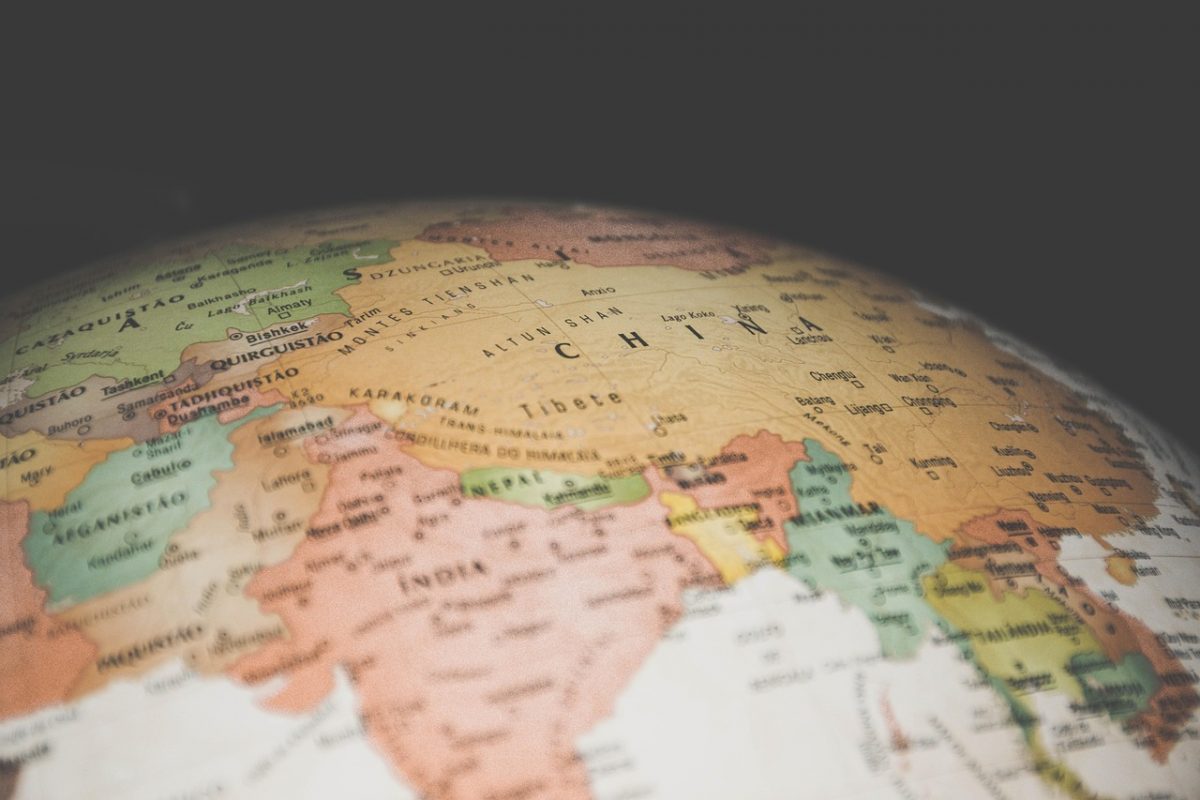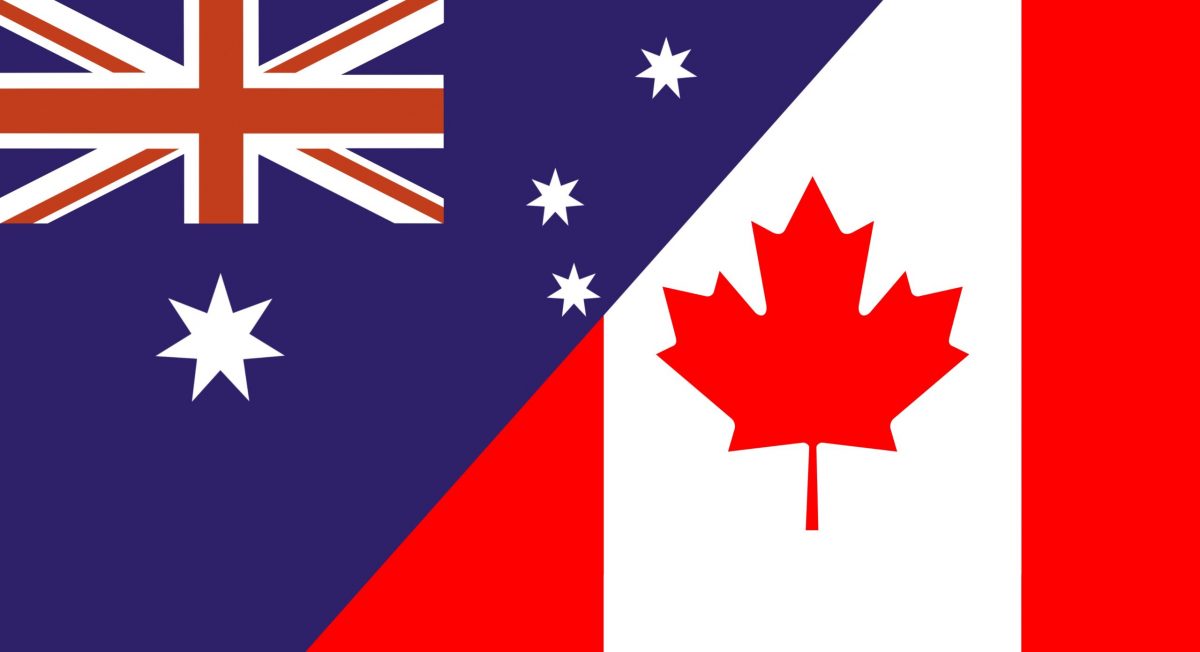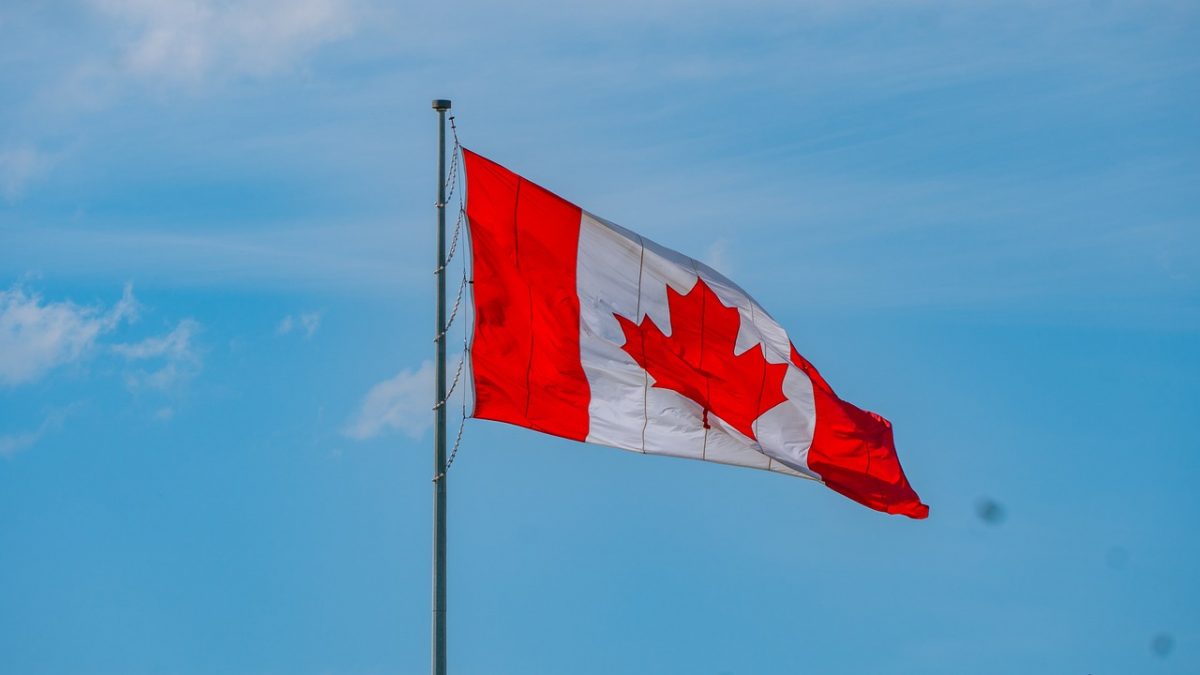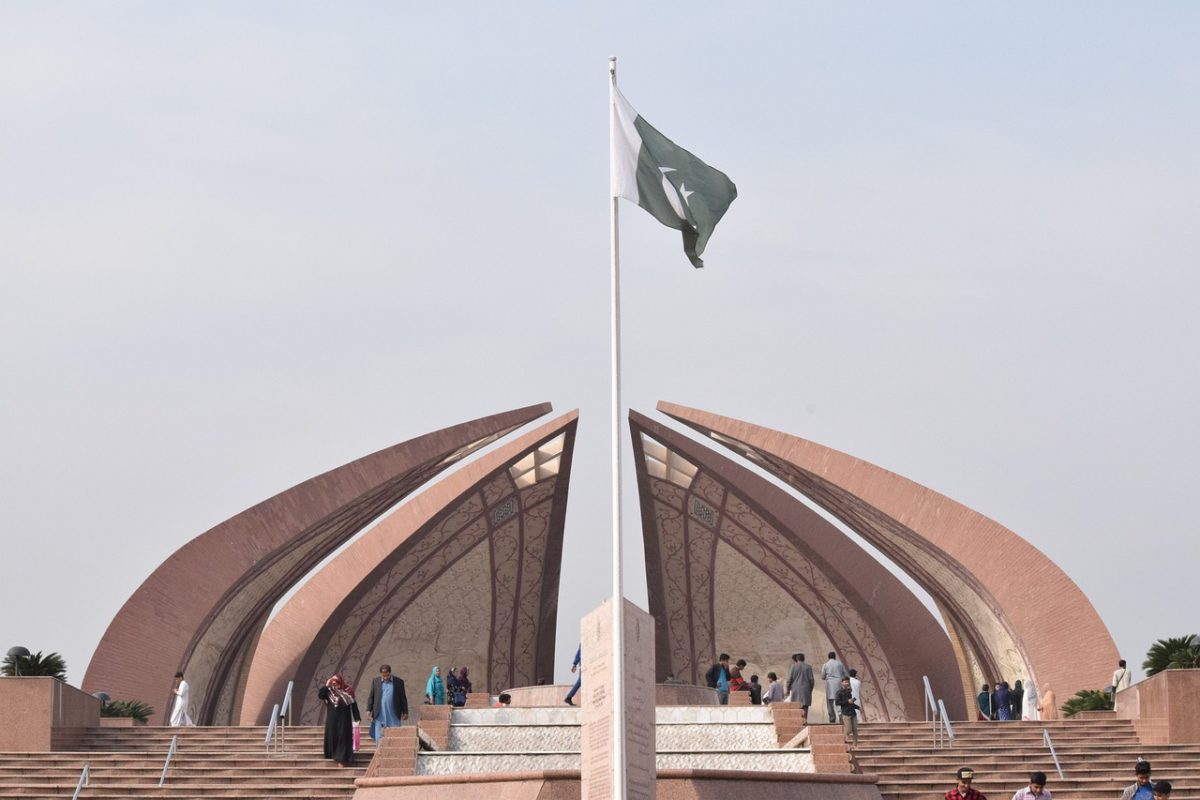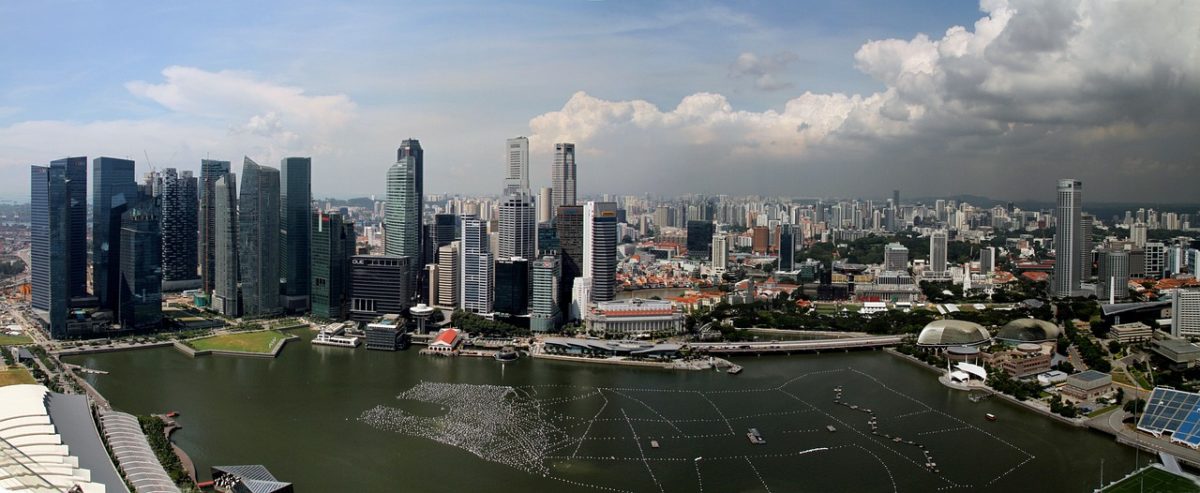We examine four episodes where statecraft became applied psychology: the United Kingdom mollifying Donald Trump to secure a swift trade accord; Canada’s Mark Carney firm yet conciliatory approach to Canadian-US relations; the conclave’s election of Pope Leo XIV, a median figure within the Church; and India’s calibrated media roll-out after strikes in Pakistan. Across these cases, firmness & aggression is mixed with civility, deploying symbolism, messenger selection, and careful narrative framing to steward egos and restrain escalation.
Continue reading “The Hard-Soft Equation: Optics, Power, and Pragmatism”When the Trump Factor Crossed Borders: Election Lessons from Canada and Australia
Summary
- Both Canada and Australia saw centre-left incumbents re-elected, significantly driven by voter backlash against Trump’s aggressive trade policies and rhetoric.
- In Canada, the Liberals decisively replaced Justin Trudeau with Mark Carney, whose distinct style and economic expertise effectively differentiated him from his predecessor.
- Australia’s Anthony Albanese leveraged his reputation for stability and moderation, capitalising on opponent Peter Dutton’s controversial Trump-like policies and rhetoric.
- Economic and national sovereignty concerns prompted by Trump’s tariff threats united voters in both countries behind leaders advocating calm and competence.
- While Canada’s Liberals secured a minority government reliant on coalition support, Australia’s Labor Party won a decisive parliamentary majority, providing greater political stability.
Situation Brief: Canada’s 2025 Election — How International Events Reshaped a Domestic Contest
Summary
- Domestic discontent: Initially, the Canadian federal election focused heavily on domestic discontent with Justin Trudeau’s policies, allowing Conservative leader Pierre Poilievre to gain significant traction.
- Mark Carney: Trudeau’s resignation and the subsequent appointment of Mark Carney, a former central banker, revitalised Liberal fortunes by projecting an image of economic expertise and crisis management.
- Trump’s rhetoric: US President Donald Trump’s aggressive trade threats and rhetoric about annexation dramatically shifted the election focus from domestic concerns to protecting Canadian sovereignty and economic independence.
- External threats: Trump’s actions prompted a “rally-around-the-flag” effect, benefiting Carney’s Liberal Party as voters prioritised leadership strength against external threats.
- Poilievre’s recalibration: Poilievre faced difficulties adapting his message to address Trump’s provocations effectively and struggled with perceptions linking him ideologically to Trump, undermining his campaign’s momentum.
Situation Brief: The Democratic Party’s Leadership Crisis
Summary
- Lesson for All Political Parties: The Democratic Party’s leadership crisis highlights the necessity of generational change and staying connected with party members, activists, and the public to remain relevant and effective. Failure to adapt to shifting voter expectations can lead to declining support and internal turmoil.
- Strategic Divisions: Senate Minority Leader Chuck Schumer’s decision to support a Republican-led funding bill exposed deep divisions within the Democratic Party. While Schumer framed it as a necessary compromise, many Democrats saw it as capitulation, fuelling accusations of weak opposition to Trump.
- Declining Favourability: Democratic Party approval ratings have reached historic lows, with many voters feeling that their leaders are not fighting hard enough against the Republican agenda. Internal dissatisfaction has led to growing support for primary challenges and calls for Schumer’s resignation.
- Leadership Vacuum: Despite widespread frustration, there is no clear consensus on who should replace Schumer, as much of the party’s leadership consists of long-time figures considered too cautious. This uncertainty complicates the party’s ability to present a unified and effective opposition to the Trump-led Republican Party.
- Future Implications: The Democratic Party risks further alienating its base and losing electoral momentum if it fails to resolve its internal conflicts. The 2026 midterms will test whether the party can unify under new leadership or remain fragmented, potentially giving Republicans an advantage.
Situation Brief: Pakistan’s 26th Constitutional Amendment
Summary
- Reforms to the Judiciary: The 26th Constitutional Amendment in Pakistan introduces significant changes to the judiciary, including curtailing the Supreme Court’s suo motu powers (ability to act on its own cognizance) and creating specialised constitutional benches.
- Judicial Appointments: The amendment restructures the Judicial Commission of Pakistan, increasing parliamentary influence over judicial appointments and adding a technocrat to the selection panel.
- Environmental Rights: A new Article 9A guarantees citizens the right to a clean and sustainable environment, reflecting growing environmental concerns.
- Supporters’ View: Proponents argue the amendment restores the balance of power between parliament and judiciary, while improving judicial efficiency and transparency.
- Critics’ Concerns: Critics, including the opposition and international bodies, warn it undermines judicial independence by increasing political influence and limiting judicial oversight.
Tariffs as a Geopolitical Tool: The Intersection of Domestic Politics and Global Trade
Summary
- Tariffs as Geopolitical Tools: Tariffs are increasingly used not only for economic protection but also for geopolitical strategy, influencing global trade and signalling national interests.
- Chinese EV Industry Example: The EU and other countries are imposing or considering tariffs on Chinese electric vehicles, citing unfair competition, while also protecting domestic industries from the rapid growth of China’s EV sector.
- Domestic Political Motives: Tariffs often cater to domestic political considerations, such as protecting jobs and industries, as leaders seek to address public concerns and safeguard strategic sectors.
- Impact on Global Trade: While tariffs may protect local industries, they risk disrupting international supply chains, increasing costs for consumers, and escalating global trade tensions.
- Strategic Industries and Future Trends: Tariffs on key sectors like green energy and advanced technology are expected to grow, further entrenching protectionism and complicating global trade relations.
Media Choices in the 2024 Presidential Campaign Reflect a Changing Communications Landscape
Summary
- The media landscape has shifted, with traditional news outlets losing influence and alternative platforms like podcasts and social media gaining prominence.
- Both Kamala Harris and Donald Trump are adopting multi-platform strategies to target specific voter demographics, particularly those disengaged from traditional media.
- Harris’s media appearances on podcasts like Call Her Daddy and talk shows aim to reach young, female, and minority voters with tailored messaging.
- Trump is focusing on podcasts hosted by influencers to connect with younger, male audiences, using their platforms to bypass traditional political news channels.
- The shift in campaign strategies reflects the declining trust in traditional media, signalling the growing importance of personalised, direct engagement through alternative media.
Middle-class populism in Singapore?: situation brief
- Policy announcements: Prime Minister Lawrence Wong has announced policies to support the middle class, address societal concerns, and maintain social stability in Singapore.
- Housing Affordability: Enhanced subsidies and adjusted income ceilings aim to make public housing more accessible for middle-income families, addressing the rising costs of private housing.
- Healthcare and Social Security: Increased healthcare subsidies and expanded CPF contributions are designed to ease the financial burden on the middle class, particularly in the face of rising medical costs.
- Education and Skills Development: Expanded subsidies for skills upgrading and lifelong learning seek to boost middle-class workers’ adaptability in a rapidly changing economy, ensuring continued upward mobility.
- Cost of Living Relief: Targeted financial relief, such as utility bill rebates and tax reliefs, aims to mitigate the pressures of rising living costs on middle-income households.
- Social Cohesion and Inequality: These policies aim to address middle-class disillusionment and prevent social fractures by ensuring economic opportunities remain accessible and social harmony is maintained amidst growing inequality.
When Politicians and Food Don’t Mix: A Recipe for Awkwardness
The viral video of JD Vance’s awkward campaign stop at a donut shop sparked a lively discussion about food as a political prop. In politics, every gesture is scrutinised, every word dissected, and every bite savoured. Yet, despite the high stakes, politicians across the globe continue to venture into the treacherous territory of public dining as part of their electoral charm offensive. The result? Occasionally, it’s less of a gourmet experience and more of a farce.
Continue reading “When Politicians and Food Don’t Mix: A Recipe for Awkwardness”Navigating the Backlash Against Mass Tourism: briefing note
In recent years, the growing backlash against mass tourism has become a significant issue for many of the world’s top travel destinations. Cities and countries that have long benefited economically from tourism are now grappling with its negative consequences, from environmental degradation to social tensions. In response, many local governments have implemented measures to curb overtourism, such as banning short-term rentals, imposing higher tourism taxes, and limiting the number of cruise ships allowed to dock. These actions, while necessary to protect local communities and ecosystems, have also brought new challenges, particularly in the realm of local politics.
Continue reading “Navigating the Backlash Against Mass Tourism: briefing note”